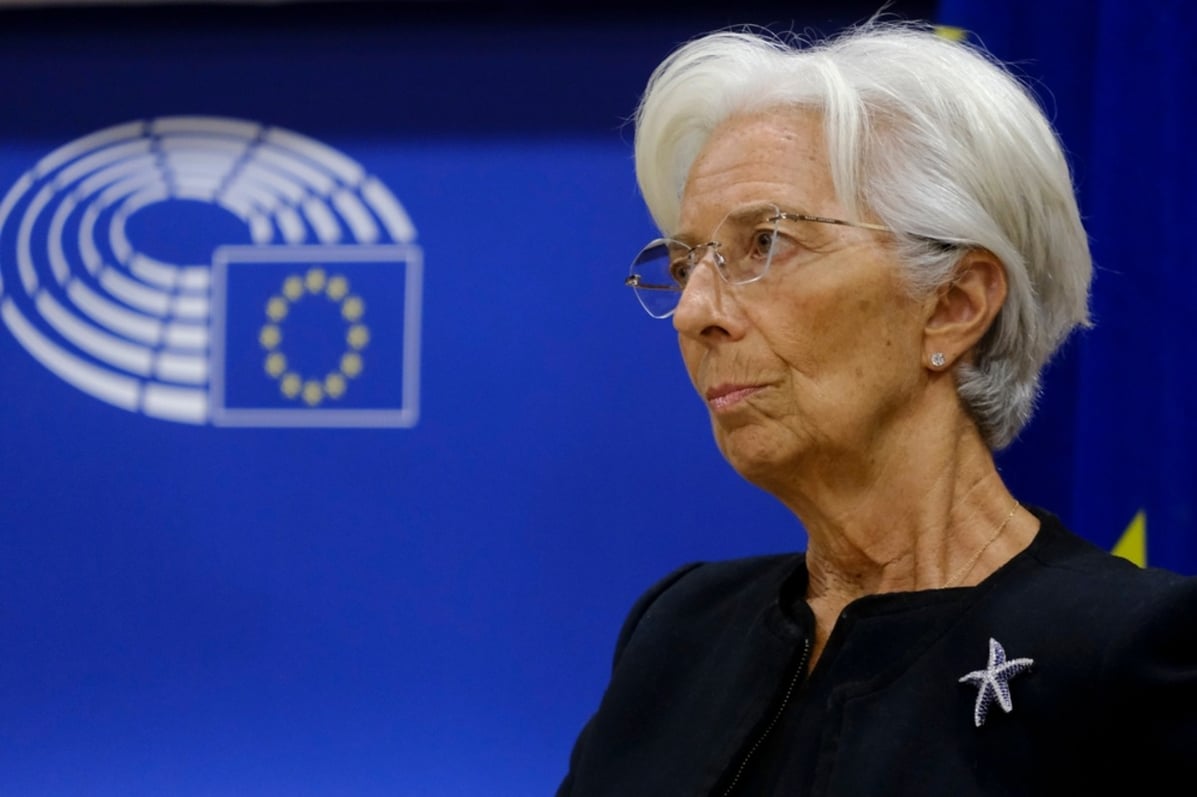The European Central Bank (ECB) announced its third interest rate cut of the year, indicating that inflation in the eurozone is increasingly under control while economic prospects are deteriorating. This marks the first consecutive rate reduction in 13 years, signaling a shift in the ECB’s focus from combating inflation to fostering economic growth, which has lagged behind the United States for the past two years.
Disinflationary process on track
ECB President Christine Lagarde stated that the disinflationary process is well on track during a press conference. Although she did not hint at future rate changes, sources indicated that a fourth cut could be expected in December unless there are significant shifts in economic or inflation data.
U.S. elections create uncertainty
The uncertainty surrounding the U.S. elections, particularly the potential for new trade tariffs if Donald Trump is re-elected, looms large. Lagarde acknowledged that trade barriers would pose risks to the European economy, which is notably open to trade. She also noted the ECB’s vigilance regarding potential oil price fluctuations linked to ongoing Middle East conflicts.
Expectations of a soft landing
Despite these challenges, Lagarde expressed a lack of current recession expectations and maintained that the ECB anticipates a “soft landing” for the economy, characterized by lower yet positive growth. The latest quarter-point cut brings the deposit rate to 3.25 percent, with markets pricing in additional reductions through March.
Further cuts anticipated
Gianluigi Mandruzzato, a senior economist, suggested that easing inflation and growth risks could lead to further cuts starting in December, potentially returning rates to the ECB’s estimated neutral level of around 2 percent by 2025.
Market response to the decision
Following the announcement, both the euro and euro bond yields remained stable. Recent data on business activity and inflation suggested a growing consensus within the ECB for the rate cut.
Read more: ECB keeps interest rates unchanged, ‘wide open’ on September decision
Inflation tamed but growth concerns remain
The ECB has largely contained inflation, which dropped to 1.7 percent last month, falling below the 2 percent target for the first time in three years. While wages continue to support domestic inflation, this pressure is expected to ease gradually.
Calls for policy adjustments
Nevertheless, high interest rates have stifled investment and economic growth, which has remained weak for nearly two years. The labor market, despite its resilience, is also showing signs of strain, prompting calls for policy adjustments before it’s too late. Lagarde reiterated the need for ambitious reforms from European politicians to enhance productivity and competitiveness in the region.
For more economy news, click here.








